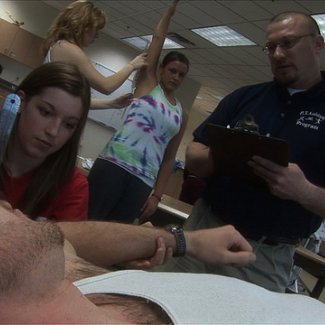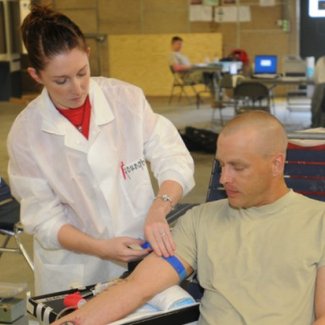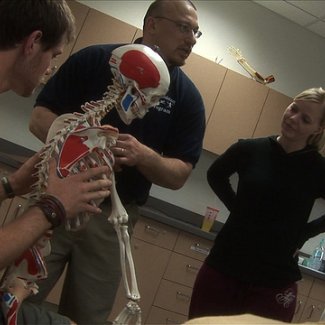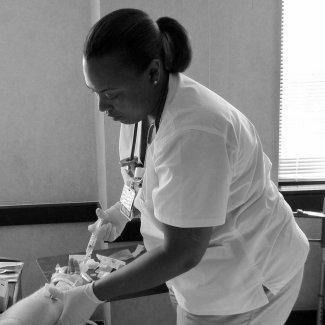
Physician assistants typically are responsible for examining patients, reviewing patients’ medical histories, making preliminary diagnoses, providing treatment plans, counseling patients, prescribing medications when needed, and recording patient progress.
Physician assistants work in many areas, such as primary care, emergency medicine, family medicine, and psychiatry.
Salary
How much does a physician assistant make? According to the May 2012 records from the Bureau of Labor Statistics, the mean annual physician assistant salary is $92,460. While this is significantly less than that for physicians, these assistants still make an impressive $44.45 per hour. The lowest ten percent earns $62,430 on average, but the top ten percent brings home a six-figure salary of $124,770.
Physician assistant salaries vary depending on the industry and location of employment. Those employed within physician offices earn a mean salary of $93,040, but assistants that work within the offices of other health practitioners only make $85,160 per year. The highest paying industry for physician assistants is in specialty hospitals, with an average $100,060 salary. Rhode Island is the top-paying state for physician assistants at $112,250, while Connecticut comes in as a runner up at $104,540.
Work Environment
Physician assistants hold 83,640 jobs nationwide in a variety of different medical settings, although 54 percent are employed within private physician offices. Other physician assistants work in private or state hospitals, outpatient care centers, government, and colleges or universities. The vast majority of physician assistants work full-time, but 13 percent work 50 hours or more every week. In hospitals, they usually work irregular hours, including shifts overnight, on weekends, and on holidays. Physician assistants are often on call, which means they must respond to requests with little notice at all hours of the day.
Employment for physician assistants is expected to increase much faster than the average for other occupations, more than 30 percent between 2010 and 2020. Since physician assistants are more cost-effective for employers, they are expected to have a growing presence within the health care industry. In addition, the large baby boomer population is aging and becoming increasingly susceptible to medical conditions that need treatment.












Leave a Reply